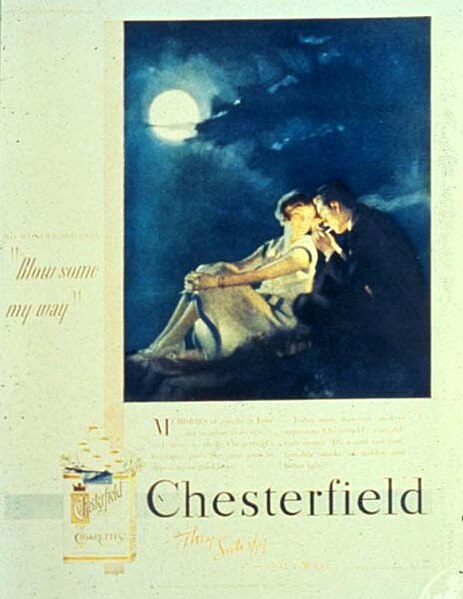Having read and enjoyed A
Constellation of Vital Phenomena by Anthony Marra, I was eager to read his next book The Tsar of Love and Techno. I appreciate Marra’s beautiful yet
spare style and am fascinated by his exploration of the Russian-Chechen war.
This collection of interconnected short stories treads the
same war-ravaged ground, with a foray into a Siberia and its post-gulag life including
surreal details like a faux forest littered with the dead and a chemical lake
holiday.
Much of what I enjoy about Marra’s writing is on display in
these stories. His ability to redeem tragedy (though he is not adverse to steal
away some of that slim hope) through the lyrical use of language, to give it
beauty, is on display in the first few stories. In particular, the story of the
censor was exquisite.
However, the stories in the middle of the book were very
gritty. The language itself lost some the beauty it had possessed earlier. And
while this is likely the author’s intention as much of this section takes place
during the Chechen war with all its attendant absurdities and horrors, it was
very difficult to read as it felt like a descent into a nihilism.
While I think that the author achieved the lofty literary goals
he set for himself in this book, it’s not the type of book I would chose to
read again. Still, I would recommend this collection to those with a strong
love of literary fiction and an understanding of its goals and ideals.
N.B. I received this book from Blogging for Books in exchange for an honest review.






